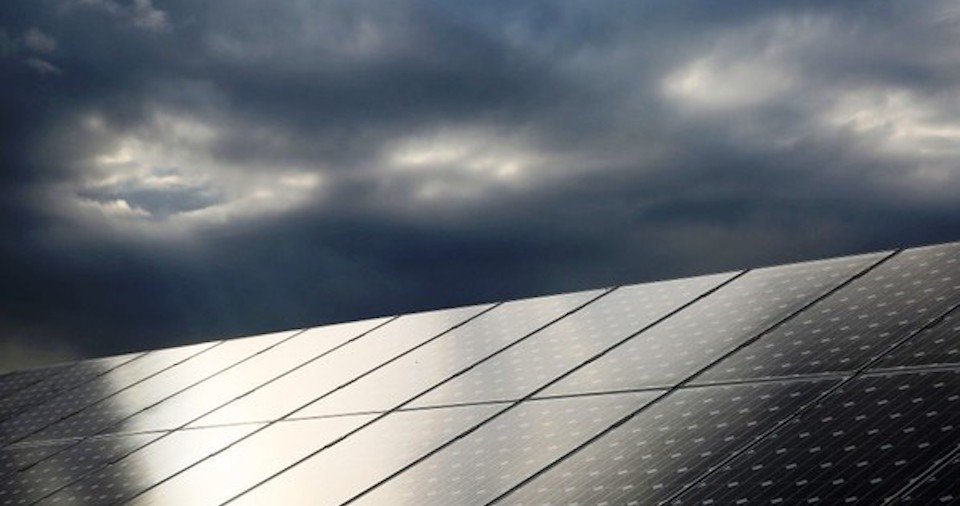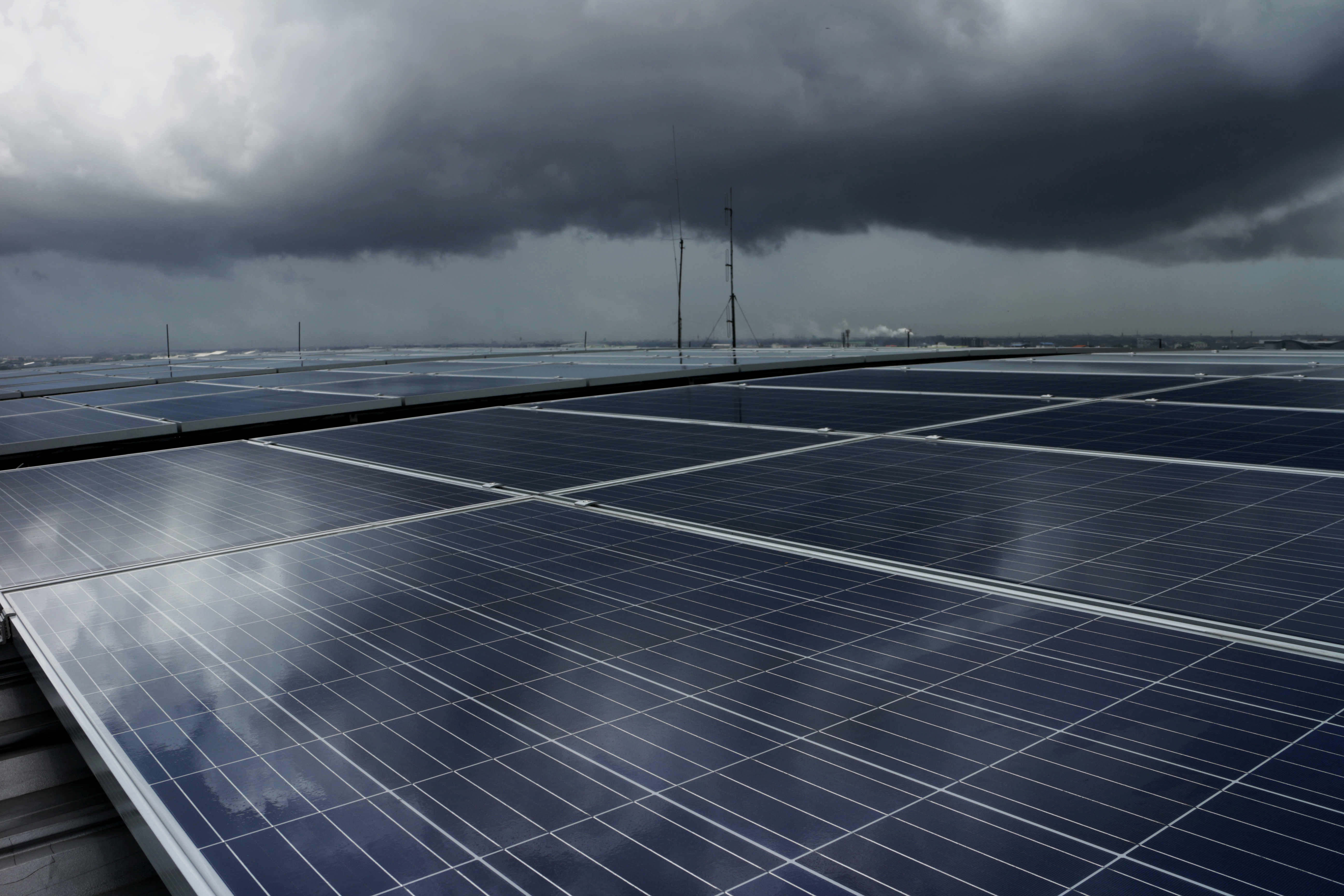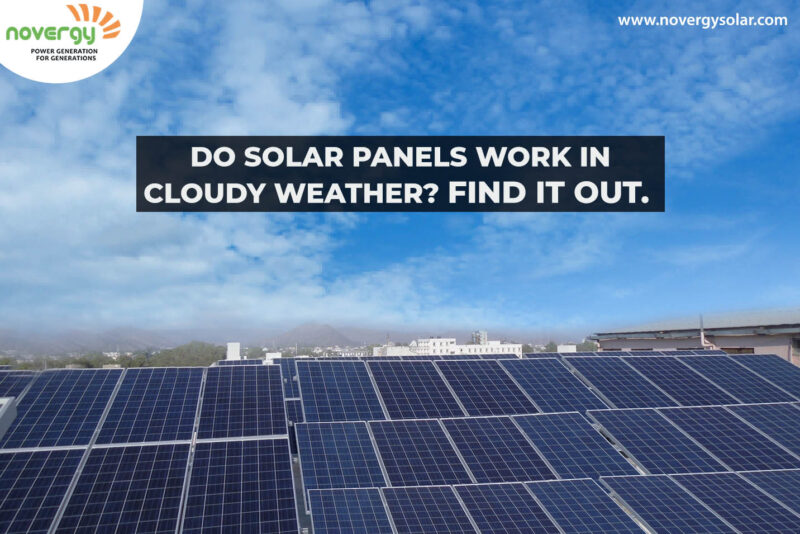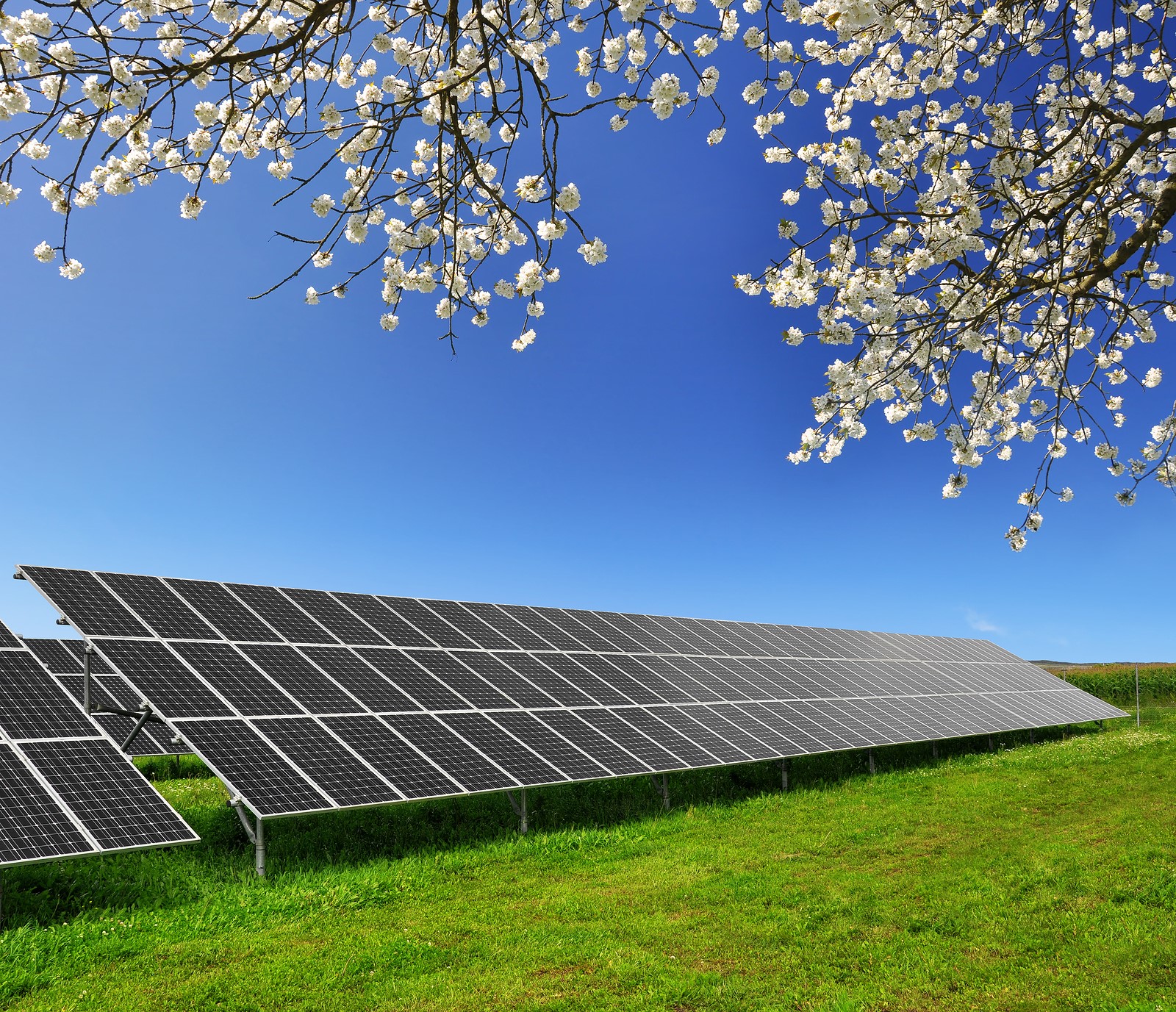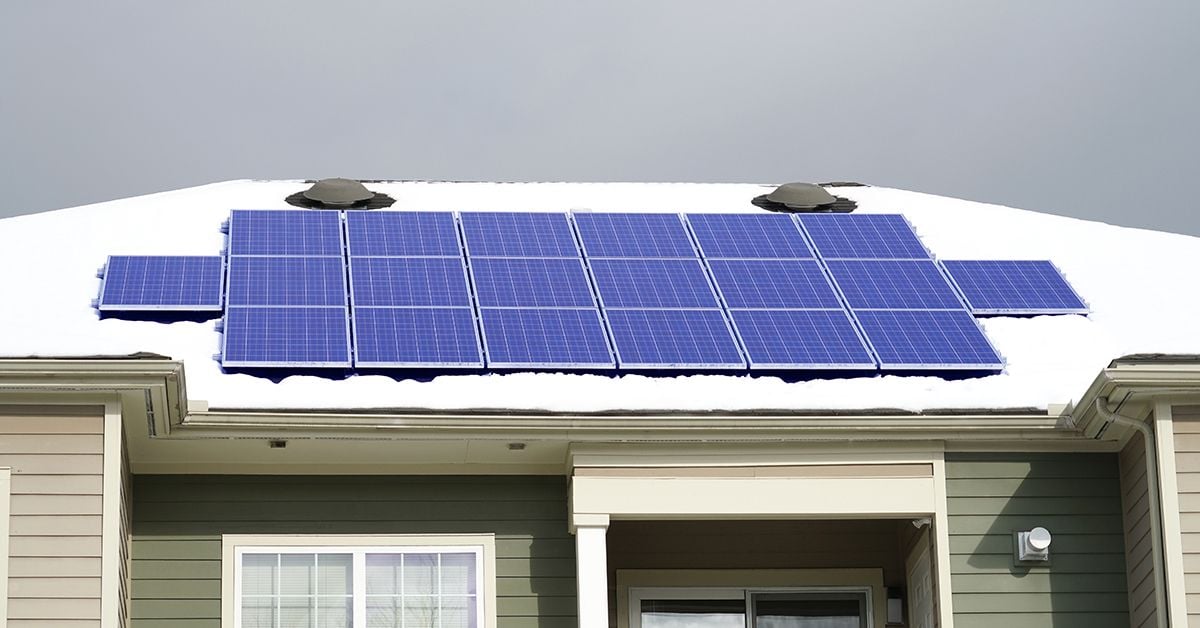And it makes the most sense to evaluate that on an annual basis rather than daily or monthly since even the cloudiest climates get several clear days over the course of a year.
Solar panels for cloudy climates.
This is why the average annual sunlight you get is important.
We also design into our cells a backside mirror that uses a thin layer of aluminum that bounces some of the light photons that are not absorbed on their first pass through a cell back into the cell to have a.
However whether you have cloudy or sunny weather your solar panels will produce electricity that can lower your electric bill.
As many recent articles have indicated the placement of solar panels is crucial to optimize their performance.
Yes viability of solar panels is reliant on availability of sun hours.
Solar energy systems are designed to maximize the energy they produce to save you money.
Panel efficiency actually decreases as temperatures raise too much.
So far this year the day on which i had the highest production was a perfectly clear day in may.
Solar power systems aren t meant to work on a day by day basis.
Temperature is not a major factor however solar panels work better in cooler climates than hotter ones.
So long as panels aren t covered in snow winter climates can actually be an ideal environment for solar panels.
Using solar energy allows for sustainable energy solutions on rainy days even in a cloudy or.
A cloudy month or even a cloudy season does not eliminate the value of solar panels.
Panels will still work in cloudy weather but not as well as when the sun is directly shining on.
Instead solar panels for home use work on the overall economy of an environment.
Top rated solar panels are engineered to withstand winds of up to 140 mph.
We hope this article has addressed any concerns regarding solar panel performance in cold and cloudy climates.
For example if your solar panel lists a power temperature coefficient of 0 30 this means that it produces 0 30 less power for every one celsius degree increase in temperature.
Positioning panels at a heightened angle about 40o will facilitate the rapid removal of snow and ice deposits.
Because of this the total amount of sun a system receives annually is much more important than its daily hours of sun.
But do solar panels work in cloudy weather.
Ves enough sun to power solar panel systems.
Sustainable energy in cloudy climates.
Rather a solar rooftop s success is based on how much it reduces your overall use of costly grid electricity.
Yes just not quite as well on a cloudy day typical solar panels can produce 10 25 of their rated capacity.
Some kinds of panels are better at receiving diffuse light.
By calculating your average annual sunlight you can determine the right solar panel installation for your home.
As for harsh winters cold temperature can actually improve solar panel output and white snow can reflect light and improve photovoltaic performance.
The exact amount will vary depending on the density of the clouds and may also vary by the type of solar panel.

